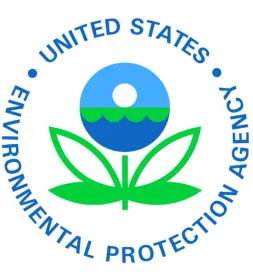On July 3, 2017, the US Court of Appeals for the D.C. Circuit vacated US EPA’s decision to stay implementation of portions of a final rule concerning methane and other greenhouse gases. In Clean Air Council v. Pruitt, a three-judge panel held that US EPA lacked authority under the Clean Air Act to stay the Obama-era rule, and therefore, the Court granted a motion to vacate the stay brought by a group of environmental organizations.
In June 2016, US EPA Administrator Gina McCarthy issue a final rule under the Clean Air Act establishing “new source performance standards” for fugitive emissions of methane and other pollutants common to the oil and natural gas industries. The rule is designed to prevent leaks of methane at oil and gas facilities. It took effect on August 2, 2016 and required regulated entities, among other requirements, to identify potential leaks of methane from their facilities by June 3, 2017.
After US EPA published the rule, several industry groups filed petitions seeking reconsideration of the rule pursuant to Section 307(d)(7)(B) of the Clean Air Act. In response, new US EPA Administrator Scott Pruitt announced that US EPA would reconsider certain portions of the 2016 rule and would stay its implementation for 90 days “pending reconsideration.” On June 16, 2016, US EPA published a notice of proposed rulemaking announcing its intention to extend the stay for two years and to “look broadly at the entire 2016 Rule” during the reconsideration proceeding.
In vacating the stay, the D.C. Circuit explained that reconsideration of a final rule under Section 307(d)(7)(B) was permitted only where the person seeking reconsideration has an objection to the rule that is of “central relevance” and would have been “impractical” to raise during the notice and comment period preceding the final rule. The Court held that the objections raised by the industry groups could have been, and actually were, raised during the rule’s notice and comment period. Therefore, US EPA’s stay was unlawful.
The D.C. Circuit emphasized that even though US EPA’s stay was unlawful and vacated, US EPA is free to re-write the 2016 rule in accordance with the Administrative Procedure Act. However, the current rule remains in effect until replaced, and oil and natural gas entities now face uncertainty regarding how US EPA will enforce the Obama-era rule’s requirements for reducing fugitive emissions of methane.
On August 10, 2017, the D.C. Circuit rejected a request by US EPA and industry groups to reconsider the Court’s July 3 decision to vacate the stay.




 />i
/>i

